Evil, when we are in it's power, is not felt as evil, but as a necessity, even a duty
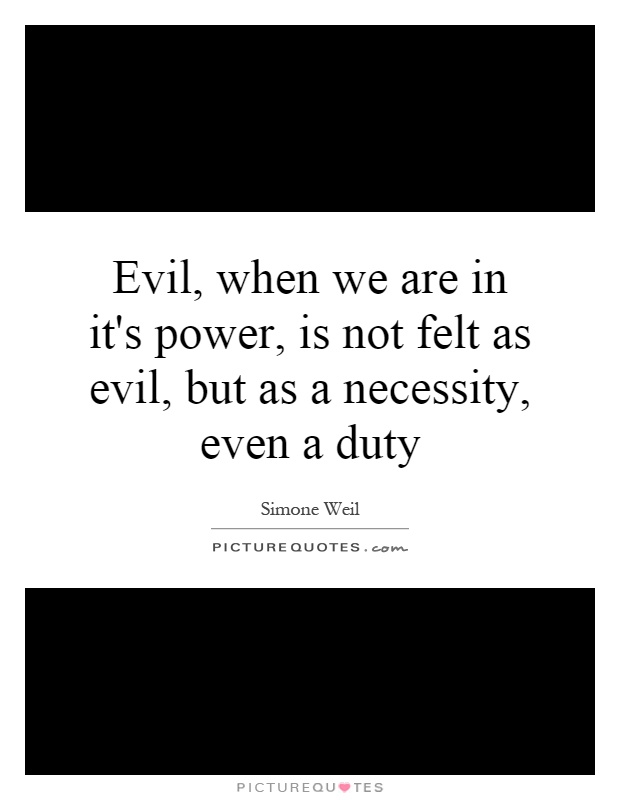
Evil, when we are in it's power, is not felt as evil, but as a necessity, even a duty
Simone Weil, a French philosopher, mystic, and political activist, explored the concept of evil in her works, shedding light on the complex nature of human suffering and the ways in which individuals can become complicit in perpetuating evil. One of her most famous quotes, "Evil, when we are in its power, is not felt as evil, but as a necessity, even a duty," encapsulates her profound understanding of the insidious nature of evil and its ability to distort our perceptions and actions.Weil believed that evil often operates in a subtle and deceptive manner, gradually exerting its influence over individuals until they are no longer able to recognize it as such. When we are immersed in a system or ideology that promotes harmful beliefs or practices, we may come to view these actions as necessary or even virtuous, rather than recognizing them as inherently evil. This distortion of perception can lead individuals to justify and rationalize their participation in acts of cruelty, oppression, or injustice, believing that they are fulfilling a higher purpose or serving a greater good.
Weil's insight into the psychology of evil highlights the importance of cultivating moral awareness and critical reflection in order to resist the seductive allure of evil. By remaining vigilant and questioning the motives behind our actions, we can guard against the insidious influence of evil and strive to uphold ethical principles and values. Weil's emphasis on the need for moral clarity and integrity serves as a powerful reminder of the dangers of complacency and moral relativism, urging us to confront the reality of evil and take a stand against it, even when it may seem easier or more convenient to turn a blind eye.
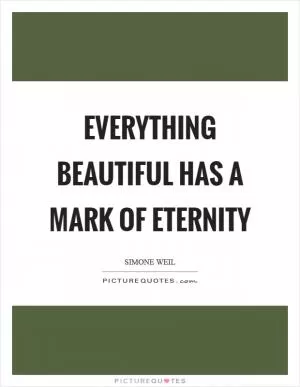
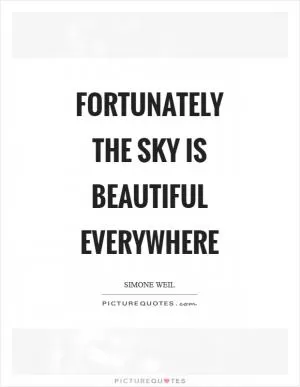
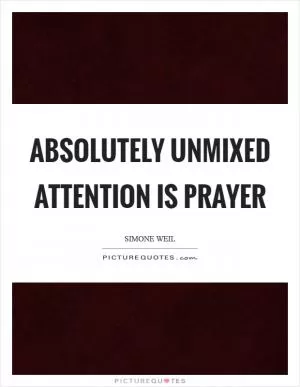
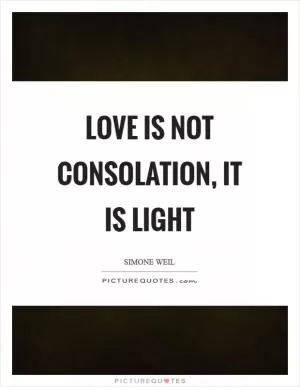
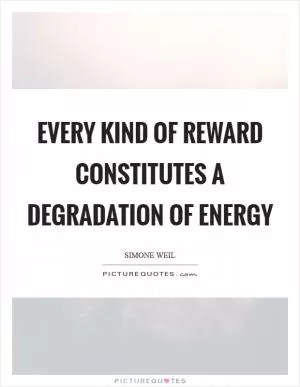
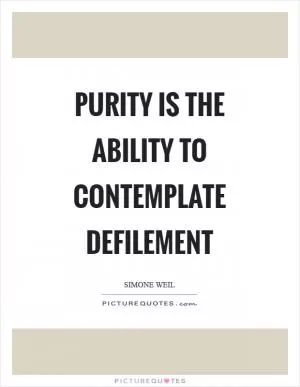
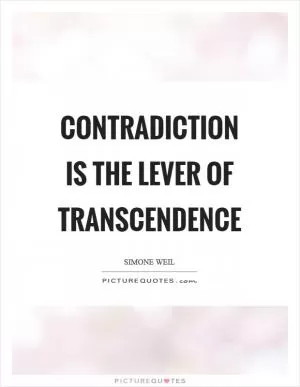
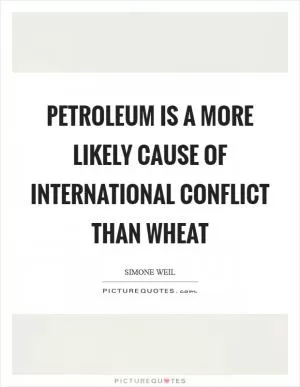
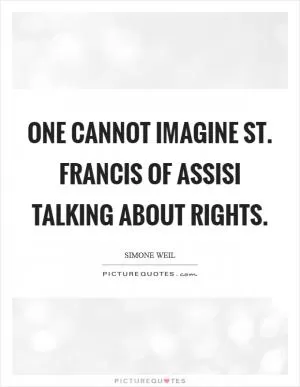
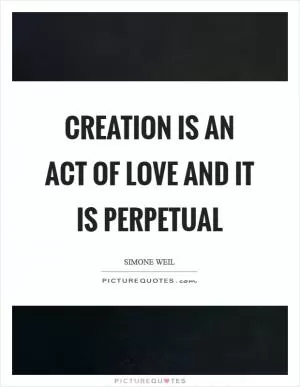
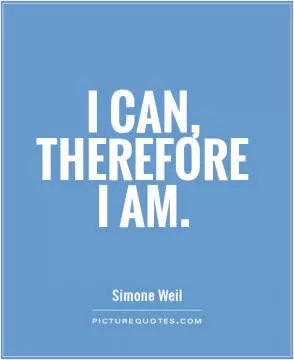
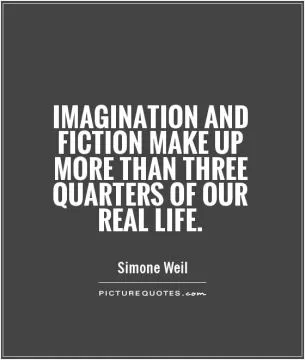
 Friendship Quotes
Friendship Quotes Love Quotes
Love Quotes Life Quotes
Life Quotes Funny Quotes
Funny Quotes Motivational Quotes
Motivational Quotes Inspirational Quotes
Inspirational Quotes